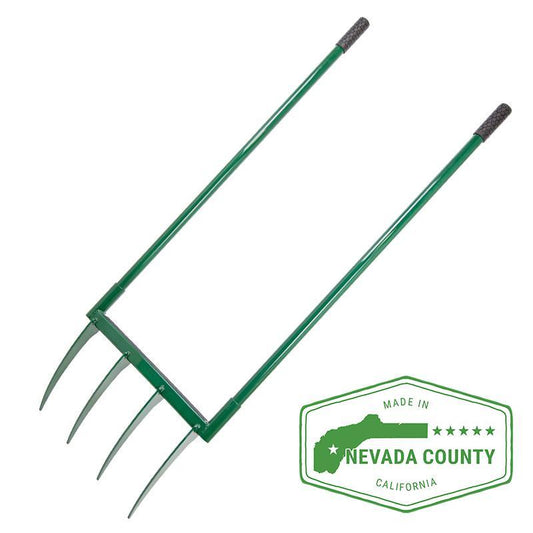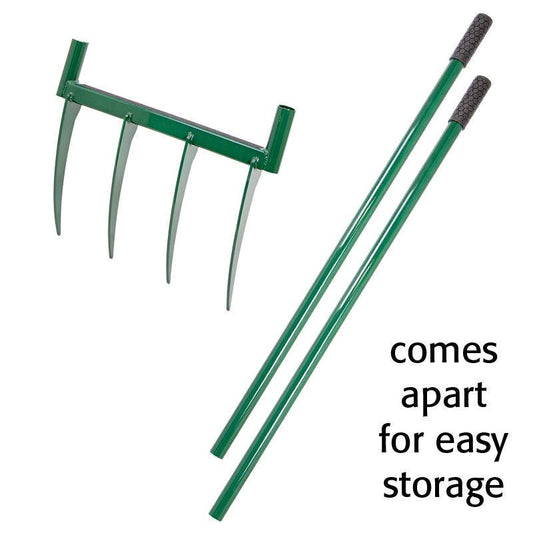In this video, Tricia shares her tips on planting and growing artichokes.
How to Grow and Care for Artichokes in Your Garden
Artichokes are not only a delicious addition to your meals but also a stunning landscape plant that can thrive in various climates. With their long life span and striking foliage, they’re a must-have for any organic gardener. Whether you’re in USDA zone 8 like many Mediterranean plants or growing them as an annual in colder regions, here’s how to successfully grow and care for artichokes.
Preparing the Soil
Artichokes are perennial plants that can produce for 6–7 years, so proper soil preparation is essential. Begin by selecting a sunny location with ample space, as artichokes can grow up to 4 feet tall and spread 6 feet wide. If you live in a hot summer climate, consider planting them in a spot with some afternoon shade.
To prepare the soil:
- Add a generous amount of compost to the first 12 inches of soil to enrich it.
- Mix in a slow-release fertilizer with phosphorus and potassium, such as a foothill fertilizer mix, which also helps maintain an alkaline pH of 6.5–8, ideal for artichokes.
- Use a broadfork to dig the amendments into the soil to a depth of 8 inches.
Planting Artichokes
Artichokes can be started from seeds, but planting root sections or crowns yields better results.
- Water the prepared bed thoroughly before planting.
- Dig a hole 6–8 inches deep, adding a root growth booster like PrimeStart Booster Blend to encourage healthy development.
- Cover the crown with 6–8 inches of soil and mulch the bed to retain moisture and suppress weeds.
Seasonal Care
- Winter Planting: In warmer climates, artichokes can be planted in winter, while colder regions should wait until early spring.
- Spring Fertilization: Apply a nitrogen-rich fertilizer in spring to support vigorous growth.
- Watering and Mulching: Keep the soil consistently moist and use mulch to prevent weed competition.
With proper care, your artichoke plants will reward you with abundant yields and a striking presence in your garden. They’re not just vegetables; they’re a statement!




